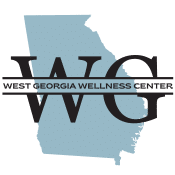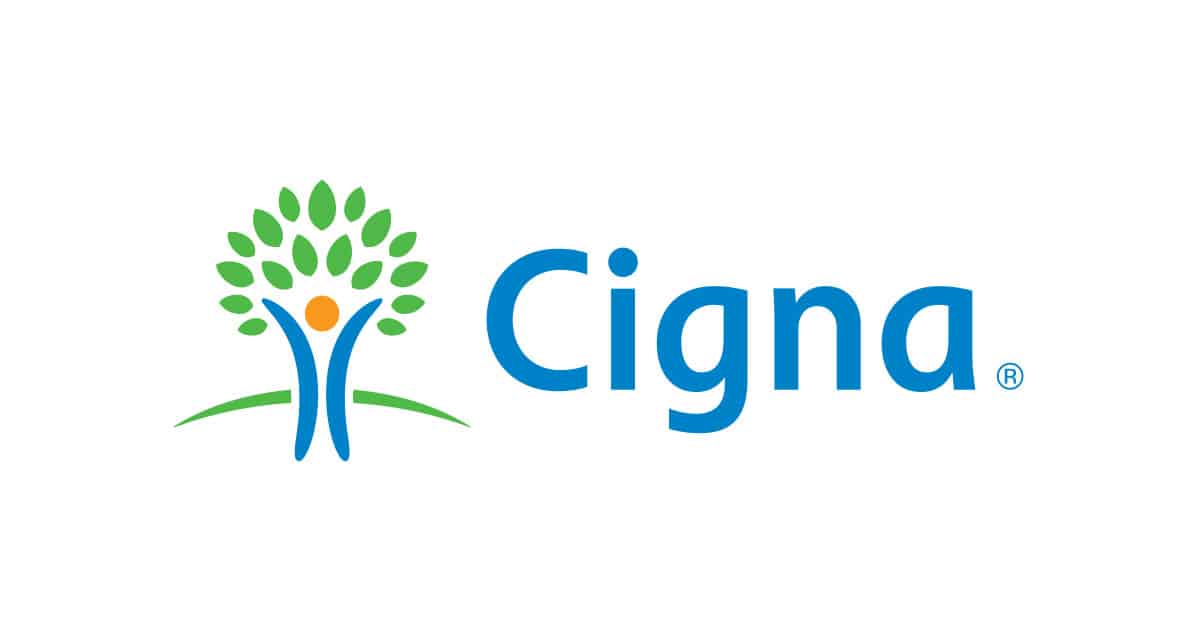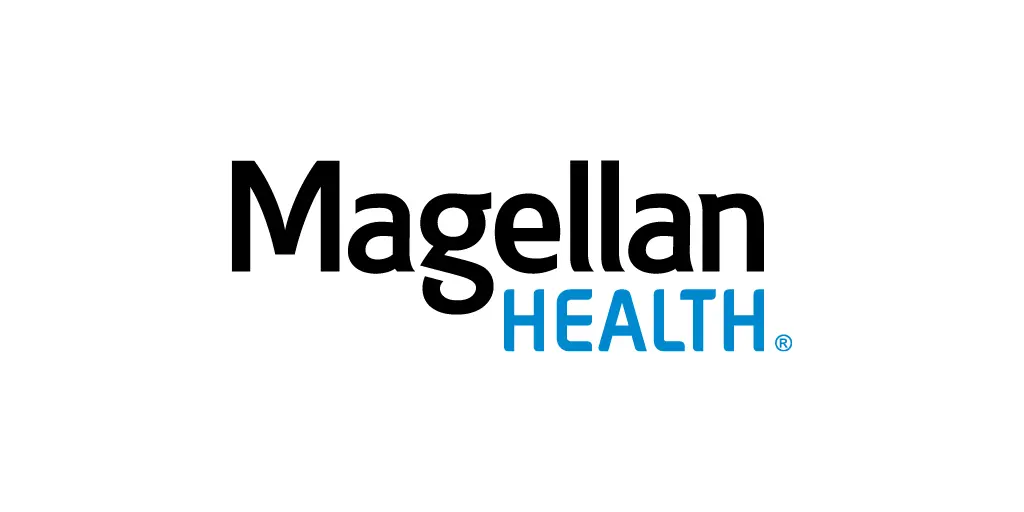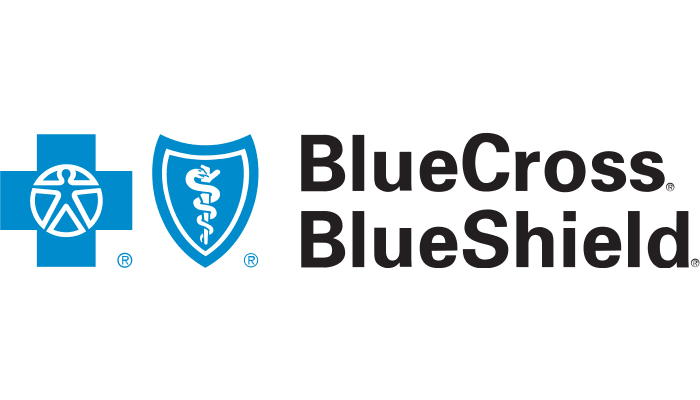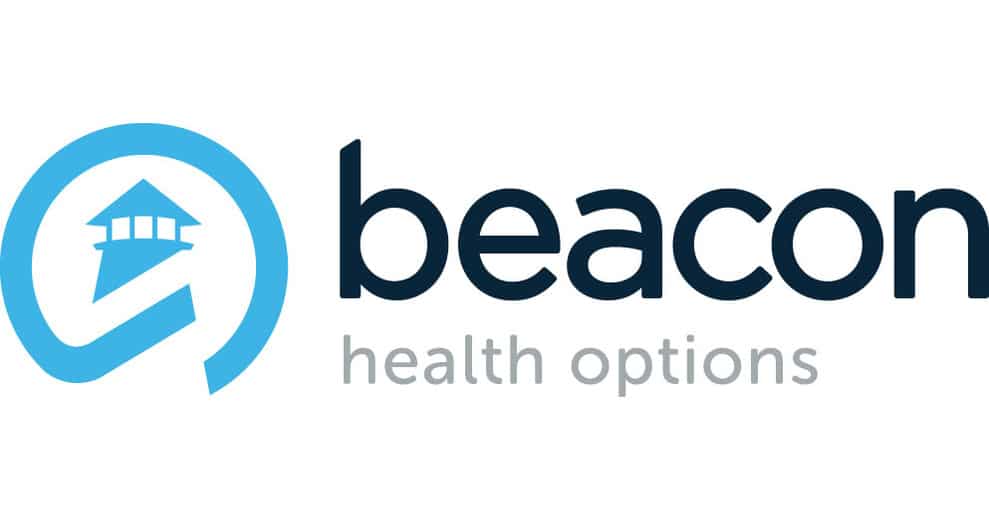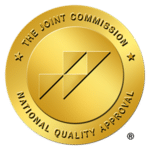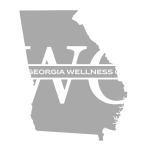Table of Contents
Medication-assisted treatment (MAT) has long stood as a reliable care avenue for individuals grappling with opioid and alcohol addictions. When you engage with medication-assisted treatment in Atlanta, Georgia, you are enveloped in a supportive environment that melds medical intervention with therapeutic services, forging a path towards enduring recovery. The menacing rise in opioid addiction, overdoses, and fatalities has catalyzed the establishment of numerous MAT programs across the nation, aimed at stemming the tide of the opioid crisis.
At West Georgia Wellness Center, we take immense pride in offering a robust Medication-Assisted Treatment program in Atlanta, designed to instill accountability, structure, and an enduring support system to underpin our clients’ journey towards continued recovery.
What is Medication-assisted treatment
Medication-assisted treatment (MAT) is a comprehensive approach to addiction recovery that merges the benefits of FDA-approved prescription medication with therapy. Most frequently applied to treat opioid and alcohol dependencies, MAT provides a dual advantage: the medication helps individuals abstain from addictive substances without succumbing to intense cravings or debilitating withdrawal symptoms, while the therapeutic component assists in instilling behavioral shifts vital for sustained recovery.
The therapeutic component of MAT at our center in Atlanta, Georgia, underscores the importance of therapy sessions where individuals can unearth the root causes of their substance abuse and forge healthier coping mechanisms, ensuring they remain resilient against potential relapses.
MAT has been practiced in the U.S. for several decades and has garnered ample evidence attesting to its efficacy and safety. Nevertheless, its concept – employing medication to treat drug addiction – has sometimes been viewed skeptically by both the public and some medical professionals.
This duality in perception, coupled with the stigma associated with medication-based treatments, has historically led to its underutilization. However, as alternative treatments gain traction in regions like Atlanta and as more research underpins the effectiveness of MAT, this method is increasingly being recognized and adopted as a balanced, harm-reducing strategy that pairs medication with traditional counseling and behavioral therapies.
This integrated approach not only enhances recovery prospects but also plays a pivotal role in preventing opioid overdoses.
Medication-Assisted Treatment Program for Drug Addiction
Medication-assisted treatment (MAT) seamlessly integrates with traditional treatments to ease the initial stages of the recovery journey. As individuals progress, the aim is to gradually reduce the medication dosage while simultaneously honing their coping capabilities and mental resilience. West Georgia Wellness Center in Atlanta offers treatment that combines regular therapy with the application of MAT. There are diverse Medication-Assisted Treatment programs employing a range of medications, some of which include:
Naltrexone and Vivitrol: Naltrexone is frequently utilized in medication-assisted treatment programs, acting as an opioid antagonist when administered orally. Its mechanism blocks the euphoria induced by opioids. Conversely, Vivitrol, an extended-release variant of Naltrexone, is typically administered via injection, its effects enduring for a month. Besides opioid addiction, Vivitrol proves effective in mitigating alcohol addiction by obstructing the sensations of intoxication. At West Georgia Wellness Center, Naltrexone and Vivitrol are commonly harnessed as cornerstone medications within our MAT program.
Buprenorphine and Sublocade: Buprenorphine, often recognized as Suboxone, serves as a partial opioid antagonist, available in pill or film format. Since its FDA approval in 2002, Buprenorphine, prescribed by accredited clinicians, has been instrumental in curtailing opioid cravings and managing withdrawal symptoms. West Georgia Wellness Center couples Buprenorphine administration with counseling to optimize the prospects of overcoming addiction.
Methadone: As an opioid antagonist, Methadone necessitates daily dispensation through a treatment program, commonly in pill or liquid guise. While Methadone can mimic opioid effects, it is pivotal in forestalling cravings and alleviating withdrawal symptoms, thereby acting as a measure of accountability for individuals striving to maintain sobriety.
MAT Program For Alcohol Abuse
Alcohol Use Disorder (AUD) ranks among the most widespread and perilous conditions worldwide, with a stark statistic of over 95,000 deaths annually in the US, attributable to detrimental alcohol consumption. The pervasiveness of alcohol is noteworthy, with a striking 85% of Americans admitting to alcohol consumption at some juncture in their lives, and over 14 million individuals grappling with AUD in the US as of 2019.
The substantial consumption of alcohol persists, prompting the development of MAT (Medication-Assisted Treatment) programs tailored to alleviate AUD. These programs deploy medications to temper withdrawal symptoms and alcohol cravings post-detoxification. As delineated by SAMHSA, the approved medications for AUD management include:
- Acamprosate: Aids in mitigating alcohol cravings following the detoxification phase, although it doesn’t deter withdrawal symptoms if alcohol consumption resumes.
- Disulfiram: A deterrent for relapse, it triggers unpleasant reactions like nausea, headaches, vomiting, and chest pains within a mere 10 minutes of alcohol intake.
- Naltrexone: Obscures the euphoric sensations associated with alcohol intoxication, fostering motivation during recovery and diminishing relapse risks. It’s available in diverse forms, including daily tablets or monthly injections.
MAT Program For Opioid Use Disorder
The menace of Opioid Use Disorder (OUD) looms large, underscored by a grim overdose epidemic in the US. The overarching toll of drug overdoses since 1999 approaches 1 million fatalities, with a harrowing 75% of all lethal drug overdoses in 2020 linked to opioids. The encroachment of perilous substances like heroin and fentanyl exacerbates the opioid overdose trend.
The onslaught of synthetic opioids exacerbates the crisis, precipitating numerous accidental overdoses. To counter this scourge and furnish additional resources for individuals battling OUD, SAMHSA highlights several medications as pivotal in MAT programs:
- Buprenorphine: As a partial opioid agonist, it assists in reducing opioid dependency, curbing withdrawal symptoms and cravings. Deemed safe when adhering to prescribed guidelines, its misuse potential necessitates ongoing monitoring. Various treatment programs avail this medication for individuals during opioid detox or transitioning to therapeutic levels.
- Methadone: A renowned medication, methadone alleviates opioid cravings and withdrawal symptoms while also blocking the euphoric effects of other opioids, thereby dissuading the use of alternative opioids. The structured availability of Methadone through clinics and specific regulations ensures accessibility.
- Naltrexone: By nullifying the euphoric and sedative impacts of opioids, Naltrexone aids in maintaining recovery motivation and minimizing relapse incidents. Like its application in AUD, it’s obtainable in daily tablets or monthly injections.
- Naloxone: An opioid overdose antidote, Naloxone can reverse ongoing opioid overdose effects, providing a critical window for implementing life-saving interventions.
How Long Does Medication-Assisted Treatment Last?
The duration for which an individual engages in medication-assisted treatment (MAT) can vary widely, spanning from a few weeks to several years. Some individuals might utilize MAT during the detoxification phase, gradually reducing the medication dosage thereafter. Conversely, others might continue with the medication regimen for prolonged periods.
When administered under the guidance of a proficient healthcare practitioner, the medications included in our MAT program in Atlanta, Georgia, are deemed safe and effective for both short-term and long-term usage.
The ideal duration for remaining in an MAT program is highly individualized. Upon seeking medication-assisted treatment in Atlanta at the West Georgia Wellness Center, our adept team is available to assist you in delineating your recovery objectives and ascertaining the suitable length for your treatment plan.
Who is Suited for a MAT Program?
A Medication-Assisted Treatment (MAT) program can be particularly beneficial for individuals grappling with severe addiction issues, including opioid dependency and other substance addictions, especially when these are compounded by co-occurring mental health disorders which could hinder the efficacy of conventional treatment approaches. Individuals who have a history of unsuccessful recovery attempts or recurrent relapses might also find a MAT program to be a suitable option. Medication-Assisted Treatment not only addresses the addiction but also encompasses the comprehensive treatment of an individual’s psychiatric disorders while alleviating the physical symptoms associated with withdrawal.
The Substance Abuse and Mental Health Services Administration advocates that Medication-Assisted Treatment can enhance an individual’s chances of survival and foster greater retention in treatment programs. Through MAT, individuals can attain a better understanding of opioid misuse, which in turn can lead to a reduction in illicit substance use and the associated criminal activities.
Benefits of A Medication-Assisted Treatment Program in Atlanta
Withdrawal symptoms often incite a cycle of cravings, potentially leading to relapse. Medication-Assisted Treatment (MAT) programs aim to tackle this pivotal aspect of early recovery, demonstrating notable success for individuals grappling with opioid addiction and alcoholism. Some additional benefits encompassed by MAT programs include:
- Alleviation and management of withdrawal symptoms
- Suppression of cravings
- Reduction in relapse risk
- Lowering the risk of overdose
- Engagement in treatment, therapy, and counseling programs
Employing a Medication-Assisted Treatment program in tandem with therapy and counseling can pave the way for individuals to rediscover a rejuvenated life. Rooted in scientific validation, this rehabilitative approach has significantly benefited numerous clients at West Georgia Wellness Center.
Are Medication-Assisted Treatment Programs Effective?
Medications within a MAT program can ease withdrawal symptoms, thereby facilitating a smoother recovery journey for patients. These medications work towards harmonizing neurochemicals and hormones and find applicability in diverse settings such as hospitals, Residential Mental Health Programs, Residential Substance Abuse Programs, Partial Hospitalization Programs (PHP), outpatient programs, and even correctional facilities.
The intensity of an individual’s substance abuse and the specific drug they are addicted to will shape the contour of their medication-assisted treatment program. Medications are predominantly utilized for aiding recovery from opioid addiction, alcohol abuse, and benzodiazepine addiction.
Individuals contending with co-occurring or dual diagnosis disorders may find significant benefit from medication-assisted treatment. Rather than solely zeroing in on the addiction, which may itself be a symptom of underlying issues, an effective treatment strategy should holistically assess a patient’s mental disorders and other associated complications.
Start Your Medication-Assisted Treatment in Atlanta, Georgia
The daunting experience of withdrawal can often serve as a barrier, keeping individuals entangled in the clutches of opioid and alcohol addiction. However, with the right kind and extent of care tailored to your needs, it’s possible to surmount the challenges posed by these substance use disorders and pave the way towards a healthier life. West Georgia Wellness Center stands as a reputable provider of medication-assisted treatment in Atlanta, Georgia. Reach out to us today to explore how we can assist you on your journey towards recovery.
